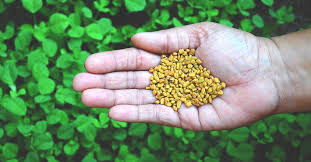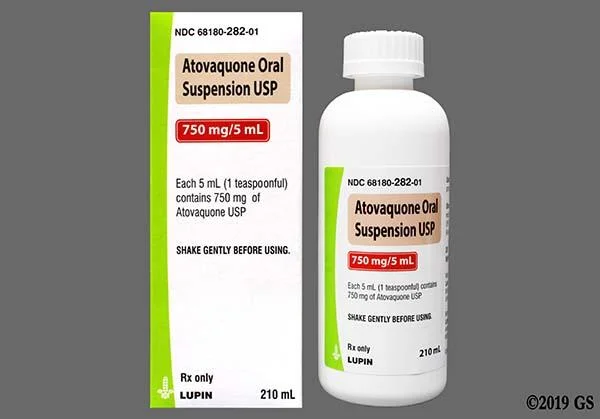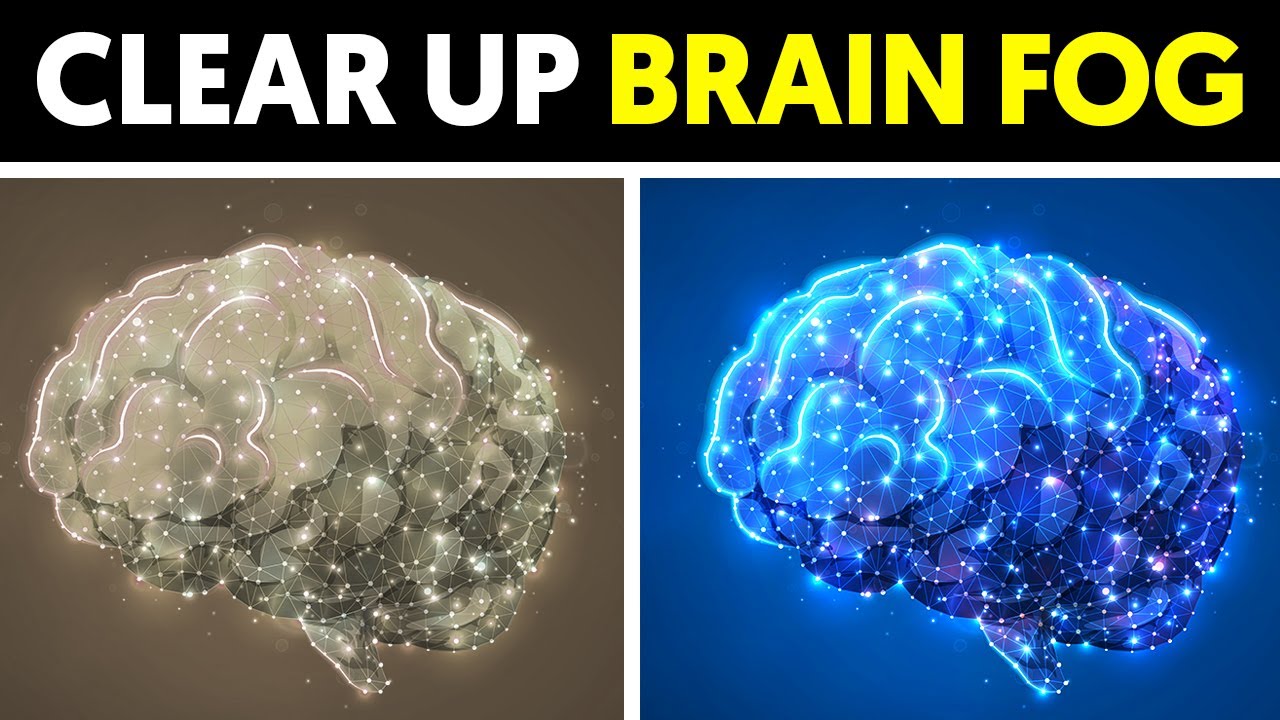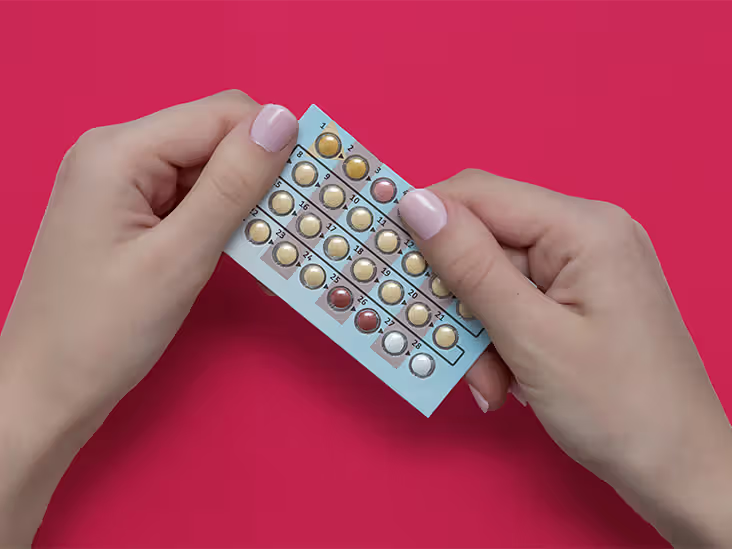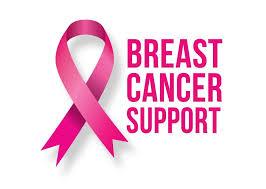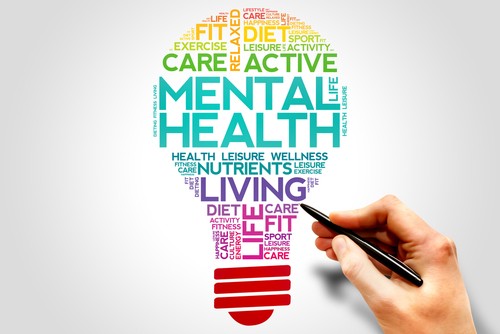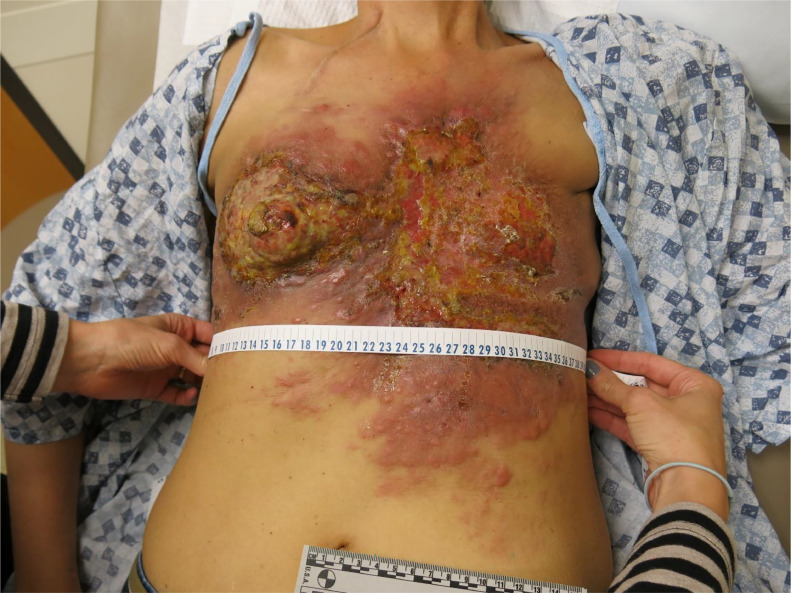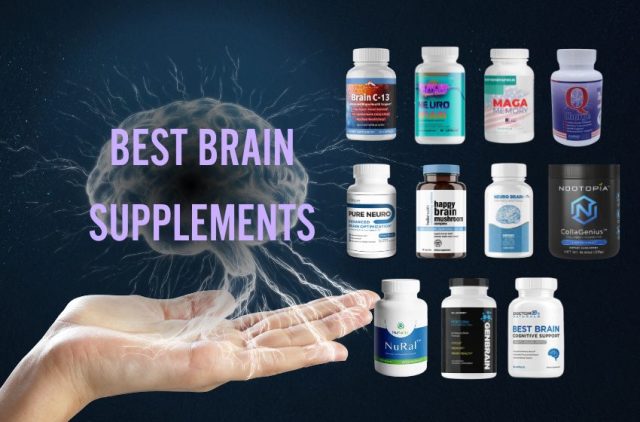Walk into any health store or scroll through social media, and you’ll see endless “liver detox” teas, supplements, and cleanses promising to flush out toxins, boost energy, and restore vitality. But here’s the big question: Is there any science behind them—or are they just expensive snake oil?
Your Liver: Nature’s Ultimate Detox Machine
Before you buy that $50 “detox kit,” it’s worth knowing that your liver is already a built-in, highly efficient detox organ. Along with your kidneys, intestines, and lungs, your liver filters your blood, breaks down toxins, and sends waste products out via urine or bile.
It doesn’t just detoxify alcohol or drugs—it also handles metabolic by-products your body naturally produces. According to the American Liver Foundation, if your liver is healthy, you don’t need any special cleanse to help it do its job.
The Problem with Commercial “Detox” Products
While some herbs in detox blends (like milk thistle or dandelion root) have mild liver-supportive properties, most commercial detox programs:
- Lack scientific proof that they improve liver function in healthy people
- Can cause harm, especially if they contain unregulated ingredients or high doses
- May give a false sense of security, leading people to neglect proven health habits
Worse still, certain so-called “natural” detox products have been linked to liver injury, according to the National Institutes of Health’s LiverTox database.
When Your Liver Actually Needs Help
If your liver is damaged—due to hepatitis, alcohol misuse, fatty liver disease, or toxin exposure—you cannot fix it with a weekend cleanse. These conditions require medical diagnosis, lifestyle changes, and sometimes medication.
Warning signs of liver trouble include:
- Yellowing of the skin or eyes (jaundice)
- Dark urine or pale stools
- Persistent fatigue or abdominal swelling
If you notice these, see a doctor immediately—don’t rely on detox teas.
What Science Does Support for Liver Health
Instead of chasing miracle cleanses, research suggests you can protect and support your liver by:
- Limiting alcohol and avoiding binge drinking
- Maintaining a healthy weight to reduce fatty liver risk
- Eating a balanced diet rich in vegetables, fiber, and lean proteins
- Exercising regularly to improve metabolic health
- Getting vaccinated for hepatitis A and B where recommended
Some herbal supplements—such as milk thistle (silymarin)—may have modest benefits in certain liver conditions, but the evidence is mixed, and dosing matters. Always check with a healthcare professional before starting any supplement.
The Bottom Line
Your liver is a remarkable detox organ, and in most healthy people, it doesn’t need a cleanse—it needs you to stop overloading it with excess alcohol, processed foods, and harmful substances.
Science says: Skip the pricey “liver detox” kits and focus on sustainable, evidence-based habits. If you truly have liver concerns, the safest—and most effective—detox plan starts in your doctor’s office, not your shopping cart.
References:
